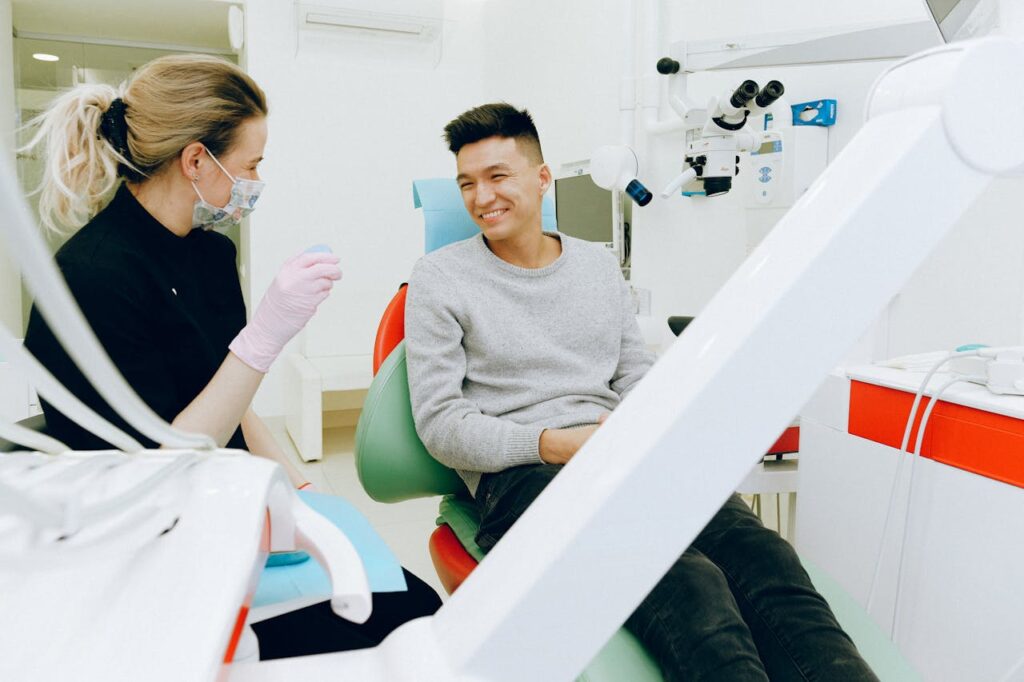Emergency care clinics, also known as urgent care centers, bridge the gap between primary care physicians and hospital emergency rooms. They are designed to offer prompt medical assistance for conditions that require immediate attention but are not severe enough to warrant an ER visit. These clinics are equipped to handle a wide range of medical issues, from minor injuries and illnesses to diagnostic tests and vaccinations.
Services Offered:
Emergency care clinics provide a variety of services to address the diverse needs of patients. Some common services include treatment for minor injuries such as cuts, sprains, and minor fractures, as well as the management of illnesses like colds, flu, and urinary tract infections. Additionally, these clinics often offer diagnostic services such as X-rays, lab tests, and EKGs, allowing for quick and accurate assessments of patients’ conditions.
When to Visit?
It’s essential to understand when it’s appropriate to visit an emergency care clinic versus other healthcare facilities. These are ideal for situations that require prompt attention but are not life-threatening. Examples include minor injuries like cuts and burns, mild to moderate allergic reactions, fevers, and flu-like symptoms. If you’re unsure whether your condition warrants a trip to the emergency care, consulting with a medical professional can provide guidance.
Differentiating Between Emergency Care Clinics and Emergency Rooms:
One common misconception is that emergency care clinics and emergency rooms are interchangeable. While both provide urgent medical care, there are significant differences between the two. Emergency rooms are equipped to handle life-threatening emergencies and are staffed with specialists in various medical fields. On the other hand, these clinics focus on providing timely treatment for non-life-threatening conditions in a more cost-effective and efficient manner.
Benefits of Choosing:
Opting for an emergency care clinic over an emergency room offers several advantages. Firstly, emergency clinics typically have shorter wait times, allowing patients to receive treatment promptly without the long delays often associated with ER visits. Additionally, these clinics are more cost-effective, with lower co-pays and fees compared to emergency room visits. Moreover, emergency clinics offer convenience and accessibility, with many locations open extended hours, including evenings and weekends.
The Role of Emergency Care Clinics in Community Healthcare:
Emergency care clinics play a vital role in supporting community healthcare systems by providing accessible and efficient medical services. By relieving pressure on emergency rooms and primary care physicians, these clinics help ensure that patients receive timely treatment for their healthcare needs. Furthermore, emergency care clinic contribute to reducing healthcare costs by offering an alternative to expensive emergency room visits for non-life-threatening conditions.
Integrating Emergency Care Clinics into Your Healthcare Routine:
Incorporating emergency care clinics into your healthcare routine can enhance your access to timely medical treatment. Whether you’re dealing with a minor injury, sudden illness, or in need of diagnostic testing, emergency clinics offer a convenient solution. By familiarizing yourself with the services and locations of nearby clinics, you can ensure that you have access to prompt medical care when you need it most.
Conclusion:
In conclusion, emergency care clinics play a crucial role in providing timely and efficient healthcare services for non-life-threatening conditions. By offering a wide range of medical treatments and diagnostic services, these clinics help meet the diverse needs of patients in a cost-effective manner. Understanding when to visit an emergency clinic versus other healthcare facilities can ensure that you receive the appropriate care for your medical needs. Whether you’re dealing with a minor injury or sudden illness, care clinics are there to provide the prompt attention you deserve.


